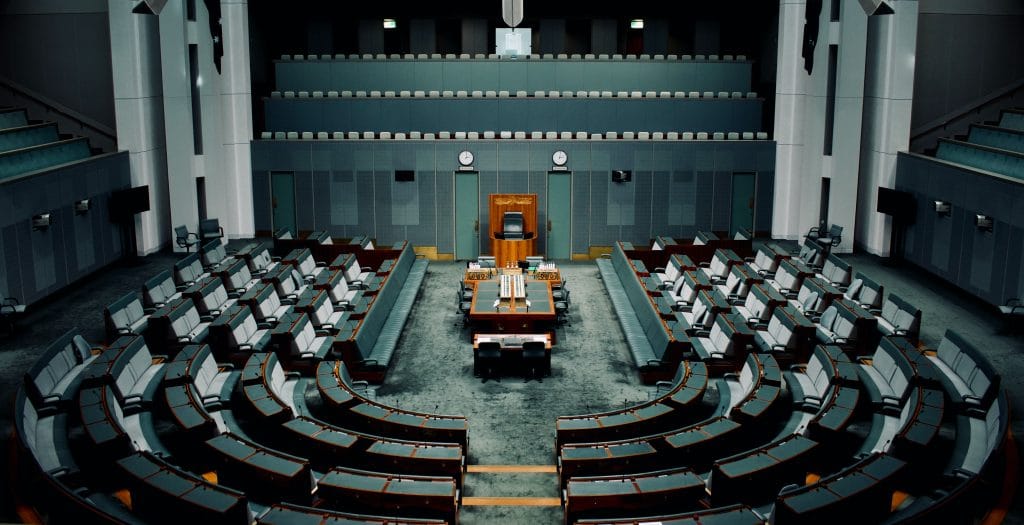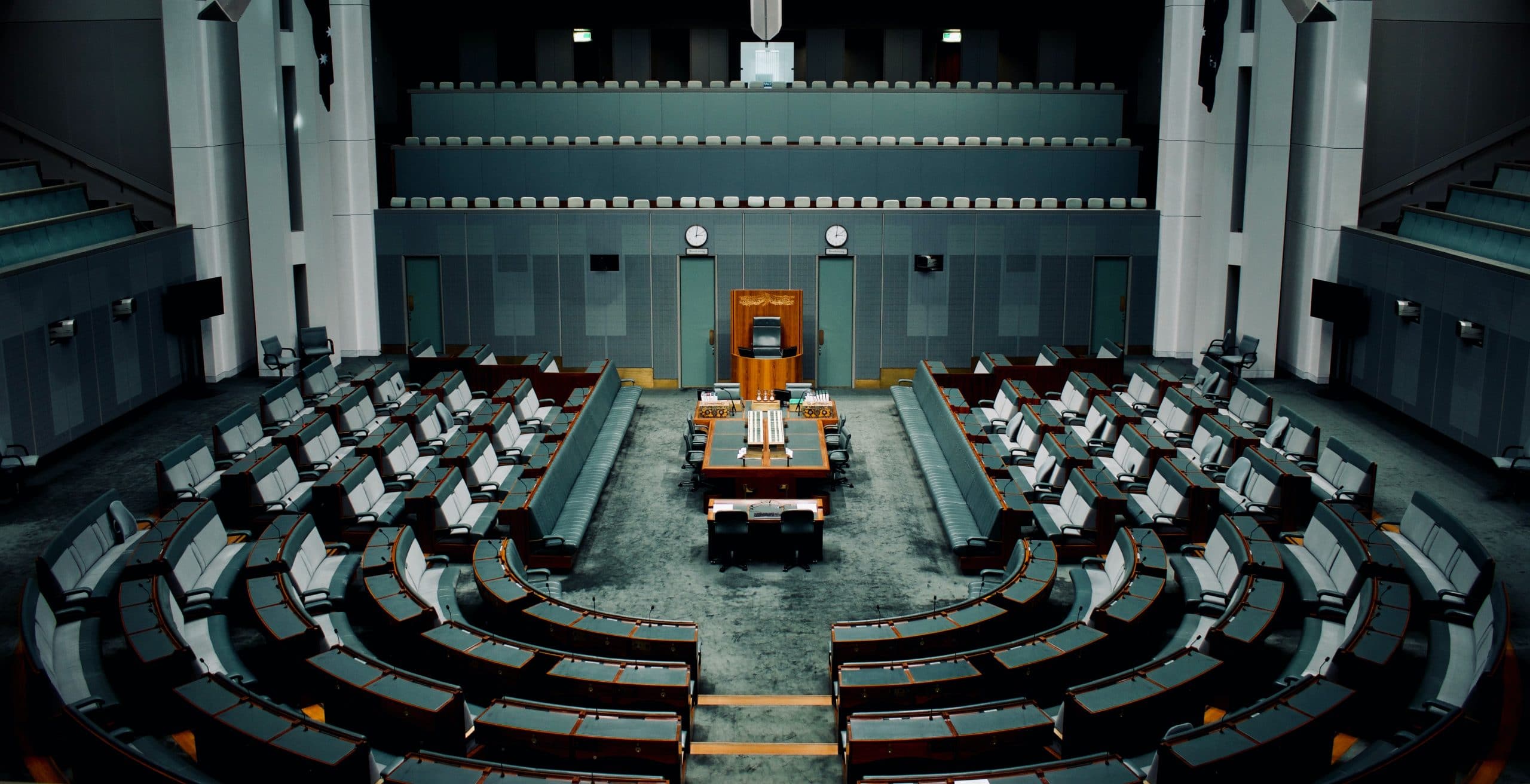Composition of Parliament
A parliament may have a variety of different names. In some states, they are called assemblies, in others, they are known as chambers, councils or congresses. Parliaments often exist even in undemocratic states. The key feature of parliaments in democracies is that they are legitimated through fair general elections held by secret ballot.
A parliament may have one or two chambers. Choosing between a unicameral or a bicameral system is not just a technical question, but ultimately reflects two different ideas of democracy. Under a unicameral system, democracy is understood as majority rule. In contrast, bicameral parliaments reflect the belief that in large or socially diverse states, measures must be implemented to protect the rights and interest of specific groups or territorial units and avoid the “tyranny of the majority”.
Proceeding from this promise of bicameral systems, the following paper initially discusses the various models for electing the first chamber, followed by a discussion of how the second chamber may be assembled. In addition, the paper takes a look at the powers granted to the second chamber as well as the mechanisms for resolving disputes between the two chambers. The paper concludes with a discussion of the role of the second chamber in protecting minority rights.

Power Sharing for a United Syria is a project run by the European Centre for Kurdish Studies. In Power Sharing for a United Syria, we work on three main pillars Capacity building and dialogue workshops, Policy advice, and Transparency.
In Power Sharing for a United Syria, we regularly organize workshops on constitutional law and the writing of a constitution with members of the Syrian opposition and Syrian civil society. On one hand, Our Advisory Board supports in particular members of the Small Group of the Constitutional Committee to anchor minority rights as an important part of human rights in the constitution. We want to build bridges between the different members of the opposition and representatives of civil society. Moreover, we want to support them in developing mutual positions regarding power-sharing, minority rights and women’s rights. On the other hand, in order to increase the transparency of the Syrian Constitutional Committee (SCC) and its work, we publish, among other things, video clips covering various topics related to the constitutional process.
This topic is discussed more in detail in our full article. Unfortunately, it is available only in German or Arabic.






